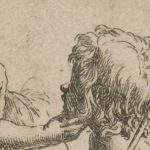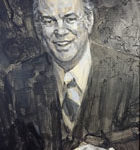
If Americans were asked which day of the year should be declared Freedom Day it would be July 4, not only for the work of the founding fathers but because it was on July 4, 1863 that the Confederate Army was defeated at Gettysburg after three days of fierce fighting. It was the beginning of the end of slavery in America. Even with all that may be said here about freedom, and the American dedication to it, we seem to little understand all that it is. It is a virtue, even honored of God who is free, so determined to make persons free to enjoy as he enjoys life. The virtue can be turned into a sin. In simplest terms,… Read more






